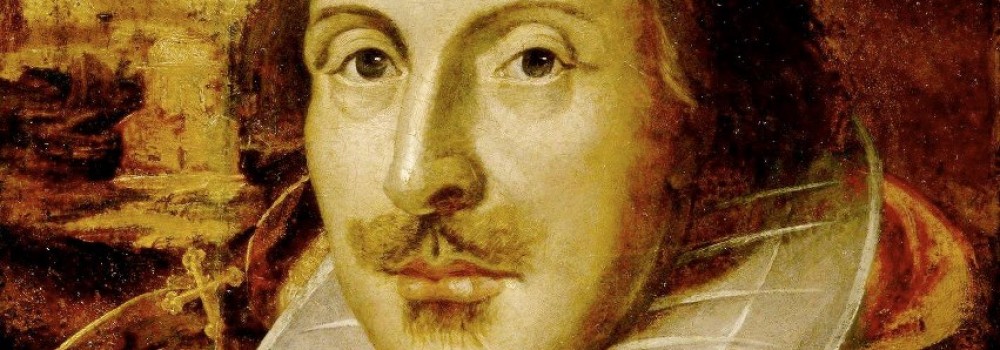I realize that even doing two acts today puts me behind a day. I’ve been keeping up on reading, but not on posting. I don’t know where my readers hail from, but there’s a very important event happening in Louisville, KY–Derby. It’s bigger than the super bowl. It’s been a crazy week for my city, and I, too, have gotten caught up in the craziness.
Regarding both acts–Uhh, so, there was this whole beginning of the play, where a man was to be put to death…and we haven’t seen or heard about any of it. Why is the audience completely removed from the dark beginning that began the ball rolling on this play? We’re taken away from what makes the play tragic, and plunged into the hilarity of the two mistaken twins.
At the beginning of Act Two, there’s an interesting conversation between Adriana and Luciana–
Luciana: O, know, he is the bridle of your will.
Adriana: There’s none but asses that will be bridled so.
Luciana: Why, headstrong liberty is lash’d with woe.
Which is followed by a long list of God’s creation, referring to Genesis and God’s institution of man over nature. The last line that I cited, refers to the free choice of man that begets woe–if we look at the following Genesis reference, we can probably safely assume that it’s a reference to man’s fall. Luciana is rebuking Adriana for allowing her will to stray from the will of her husband’s. Luciana–Lux, lucis=light in Latin. Let there be light. I wonder if something is going on here.
In the third act, when Antipholus E. tries to get in the gate, Luce (ha, light, again. What’s Shakespeare doing with all this…light?) makes a comment on his being too late, and he makes a quip about a proverb–perhaps a reference to the scene where the bridesmaids don’t have enough oil for their lamps and get turned out of the wedding? Perhaps not. Regardless, we have more errors in the scene, when Antipholus S. tries his hand at wooing Luciana. Oi. There’s a strange interplay going on with the theme of adultery, even though no one is committing it in truth, because of the confusion of the brothers. Adultery is a grave matter, but when you have two twin brothers, it makes it easy to make it comical…but I wonder if Shakespeare is getting at something, making the grave comical, with the interchange between Antipholus S. and Luciana.
I’m going to post Act Four tomorrow (hopefully!) and then Saturday post the last. Sorry about falling behind! My life has gotten so much busier than when I began this project!
















